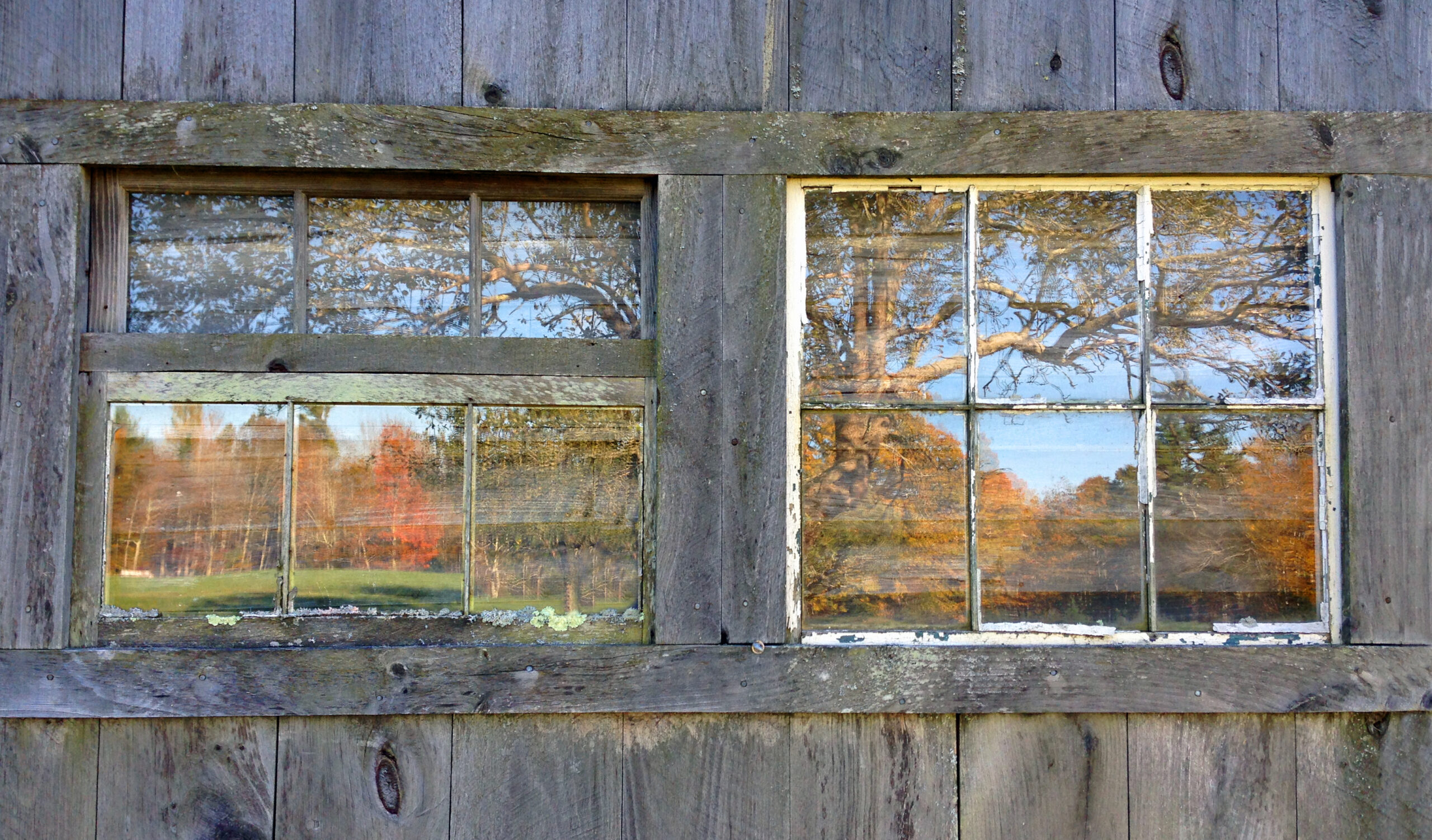
Personality: At the first level, we have what are often called differences in personality (or in the old days something called “temperament”). Carl Jung (1971) was one of the first to write about these personality differences—and introduced the concept of introversion and extraversion. He also introduced us to the distinctions to be made between a focus on the external world (“sensation”) and the internal world (“intuition”), as well as the primary engagement of rational thought in the processing of both internal and external information (“thinking”) versus the primary engagement of emotional and values-based processing of this information (“feeling”).
I suggest that those with a bent toward Sensation will have been deeply involved in listening to the reports about COVID-19 and will have tried to be as “realistic” as possible about the virus and the ways in which it operated in the world (and especially in their own community). By contrast, those with a proclivity toward Intuition would have been more interested in the way in which the media portrayed the virus and images that the virus evoked (such as bats, evil spirits and conspiracies) in both themselves and other people. Those with a strong Thinking function would have been more inclined to prepare plans for social distancing, getting the inoculation, and determining when to meet with family members without a mask. Those with a strong Feeling function would have focused on the injustice done in their community or nation regarding the way in which the virus was handled and would have been primarily concerned with how social distancing, wearing of masks, etc. was impacting on their own emotional health and that of people about whom they most care.
Some Jungians have combined Sensing and Intuition to derive a category called Perception and have combined Thinking and Judging to derive a category called Judging. I propose that those who are inclined toward Perception are likely to have spent a considerable amount of time pondering and reading about the virus—perhaps writing essays (like this one) about COVID-19. Conversely, those inclined toward Judging would have gotten out in the world (or at least spent time contemplating getting out in the world) to do something about the virus (perhaps advocating for specific public policies or assisting those who were infected).
Finally, I return to the distinction between Introversion and Extraversion. It is not only a matter of whether one does or does not find energy in being with other people. There is another important difference that Jung identifies which is often overlooked by those describing these personality types. Jung suggested that Extraverts are likely to look outward in the world and not only find energy there (in nature as well as interpersonal relationships) but also important information to guide them in their life. If they are also Sensing types, then the external information is easily acquired and analyzed. If they are Intuitive types, then they can clearly differentiate between the external information and their own internal sources of ideas and images. While the Extraverted Intuitive people might prefer their internal life to that of the external world, they can do a good job of seeing how these two sources relate and can often do a good job of integrating these two sources.








